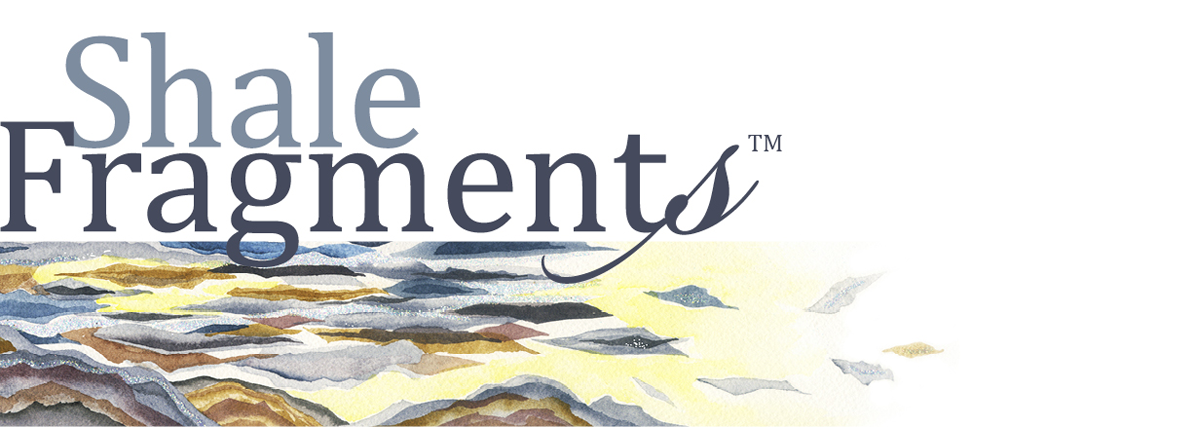In His Dust – 11. Parables of the Heart and the Kingdom
In His Dust – 11. Parables of the Heart and the Kingdom
The Seven Parables of Matthew 13
Print the three-page PDF
To understand the characteristics of the parables of Yeshua (Jesus), please first see the writing Parables – Their Uniqueness and Beauty .
Preface
Previously, we learned the following characteristics of parables:
- Parables are thought-provoking stories that teach and summon a response from the listener.
- Parables are clear and illuminating to receptive, humble, willing hearts.
- As the listener responds with action to the parables, more light comes.
- Parables do not contain secrets meant only for the elite or smart; rather, they invite everyone to engage with them. Their goal is never to conceal. They do not need to be decoded.
- Parables clarify, illustrate, dramatize, and reveal truth.
- Parables are not given to condemn but to call the listeners to repentance.
Some people think that Yeshua’s words in Luke 8:9-10 (below) mean that His parables are secretive:
“Now His disciples asked Him what this parable meant. And He said, ‘To you it has been granted to know the mysteries of the kingdom of God, but to the rest they are told in parables, so that while seeing they may not see, and while hearing they may not understand.’”
In these verses, Yeshua uses Isaiah’s words (6:9-10) that refer to ears that are so calloused from continual resistance to God’s words with evil intent, a resistance that reveals: Pride, greed, selfishness, and control and/or the unwillingness to face the cost of an obedient response.
The Right Kind of Secret
King David wrote, “The secret of Yahweh is for those who fear Him, and He will make them know His covenant” (Psalm 25:14). The word secret in this verse is the Hebrew sôd (pronounced sode). Its primary meaning is confidential speech. Sôd is distinct from counsel or advice because is hidden or intimate, meant only to be shared with a spouse or trusted friend. In other words, the one who walks in reverence to Yahweh will be given His secret counsel. This type of intimate interaction has nothing to do with the language of occultic, secret mysteries promoted by heretics who seek only to promote themselves and their ministries.
The Parable of the Soil
Although parables usually focus on teaching the character of God and the nature of the Kingdom, Yeshua’s focus in the parable of the soil is on the disciples’ hearts. This parable is not about the sower (the one who scatters the seed) or the seed (the word of God) but it is about the soil (the response of the listener).
The Hebrew word shama (pronounced sh-MA) means to hear, listen to, understand, pay attention, examine, perceive, receive, and obey. Hebrew words are vast, rich, and associated with action. To listen means to act upon what is heard. The Lord says, “But My people did not listen to My voice, and Israel did not obey Me” (Psalm 81:11). This Hebrew parallelism (two sentences meaning the same thing) shows that listen and obey are synonymous. The soil of the heart allows the word to be heeded or not heeded.
Receptive soil produces understanding, evaluation, examination, and perception that leads to discernment and wisdom that leads to increasing intimacy with God.
Let’s explore more of what it means to hear and then consider Yeshua’s four examples of hearers.
Shema, another form of shama, means sound. Not only do we hear His voice (John 10:27-28), but we hear the sound of His voice. Voices use words to convey meaning, but they also use lilts, tones, and personality. The owners of dogs are a good example. Dogs follow their master’s voice. On our bike path, I always try to meet the dogs. Countless owners whose dogs are not usually friendly with strangers have told me their dogs come to me because of the tone of my voice, especially if the dog has been abused.
When we hear Yeshua’s voice, we know it is Him. No one sounds like Him. No one uses the words He uses. And no one speaks with His purpose or tone. As we spend time listening to His words in Scripture, we become more and more aware of His guiding voice throughout the day, as well as the contrasting voices of false teachers in the church, and influencers and news sources in the world.
So, we ask our Father to give us receptive hearts to know what is true. Yeshua gives instruction saying, “He who has ears to hear, let him hear.” In other words, “If you listen to My words, do them.” As you read about the four types of soil from the parable, think about:
- The seed of the word that you sow for others to receive, and
- The seed of the word that is sown by others for you to receive.
Yeshua’s parable of the soil helps us know how to pray for ourselves and others in whom we plant seeds. In each of the following four soil types (recorded in Matthew 13, Mark 4, and Luke 8), the word has been heard, but the hearts responded in different ways to what was heard. I have included brief prayers for the germination, sprouting, and growth of the seeds in hearts. (For more ways to pray for those who do not know Him, please see my writing – He will Draw, Reveal, Save, and Seal at ShaleFragments.com)
- The seed that fell beside the road –
The word was heard but it was not understood. (It never got into the ground and so did not take root.)
Result: No salvation. Satan snatched it from the heart.
Pray: Father, cover, protect, and plant the seed. Give revelation and understanding for salvation.
- The seed that fell on rocky ground –
The word sprouted with joy, but when trials came, the heart was unwilling to continue.
(It had no moisture, and so no firm root, and so was scorched by the sun.)
Result: No fruit.
Pray: Father, nurture the seed to be established and surrounded with good soil. Change the heart to see the Pearl of Great Price and be willing to follow.
- The seed that fell among thorns –
The word was heard but the world’s worries, wealth, and desire for things choked it out.
Result: No growth or fruit.
Pray: Father, take away all that crowds the heart from receiving Your words. Remove the barriers.
- The seed that fell into good soil –
The word was heard and understood; when trials came, the heart persevered and bore fruit.
Result: Growth and Fruit, producing some a hundred, some sixty, and some thirty times as much.
Pray: Father, thank you that Your word was accepted! Cause it to bear more and more fruit!
Yeshua wanted everyone who heard His words to choose to follow Him. For those who were reticent or unsure, He encouraged them with the parables of the Hidden Treasure and the Pearl of Great Price. These analogies assured the listeners that God’s reign in their lives was worth everything they had.
The Seven Parables of Matthew 13
The subject of the first parable of the soil speaks to the condition of the listener’s heart.
The purpose of the other six parables in Matthew 13 is to teach what “The Kingdom (the reign) of God is like…”
In each parable, Yeshua uses elements of nature that were common to the first-century listeners to give His simple, uncomplicated, clear, profound messages. To review these additional six parables from Matthew 13 along with a brief explanation of their message, please see Page 3 of the PDF. You may read or print the free PDF here.
Father, make and keep us receptive to truth by the Holy Spirit Whom you have given to us. Protect us from every thought, idea, or misleading news that exalts itself above the knowledge of You and Your reign, Your kingdom on this earth. We love You so much, Father, Son, and Holy Spirit, and each day, we love you more! We adore You! We want to follow You in Spirit and Truth! Open our eyes to see Your Kingdom in this world!
Shale Fragments™ - writings by Beth Ann Phifer is a division of Flower Girl Greetings, LLC. ©2025, All Rights Reserved.
Blessings and love in Him,
Beth Ann
When you subscribe to the blog, we will send you an e-mail when there are new updates on the site so you wouldn't miss them.

Welcome to Shale Fragments, a collection of writings and art for individual and group use!
Teaching God’s truth and the beauty of His Word is my greatest delight! My art card company, Flower Girl Greetings, was launched in 2012 with this purpose. In April 2020, ShaleFragments.com became the gathering place for the writings.
As I have studied the rich meanings of the original Greek and Hebrew languages of the Bible, I continue to see beautiful progressions and connections that compel me to organize and convey their life-changing beauty!
Please click on each category to access a list of contents or scroll through the posts. To receive Shale Fragments updates, please subscribe here.


Comments